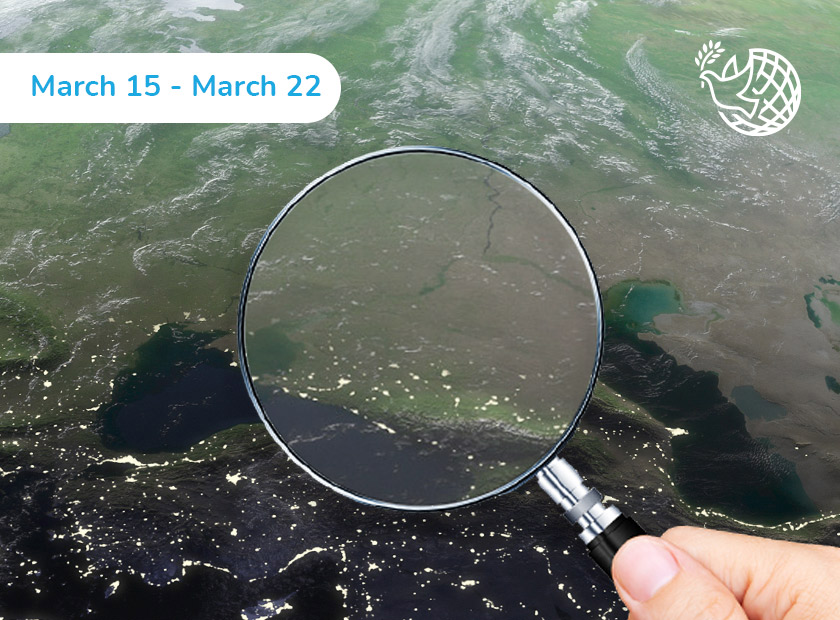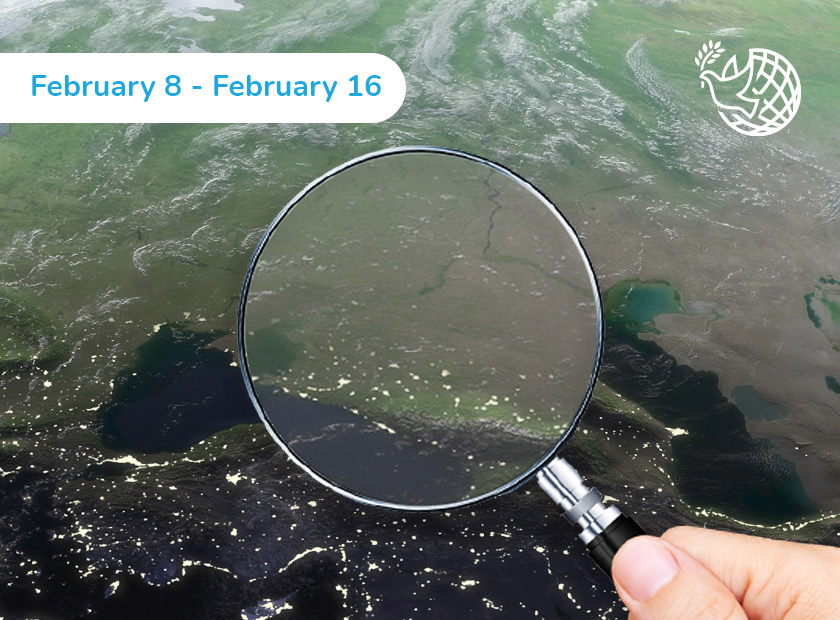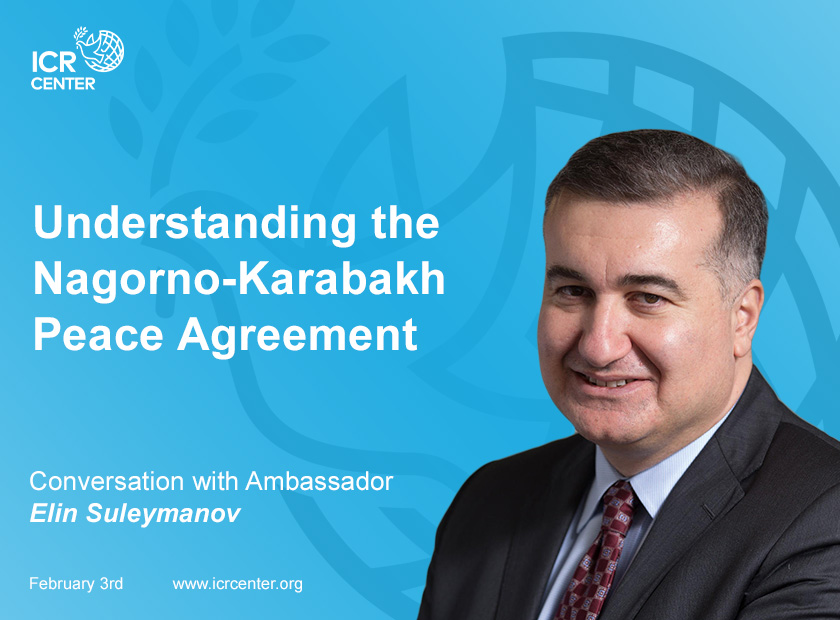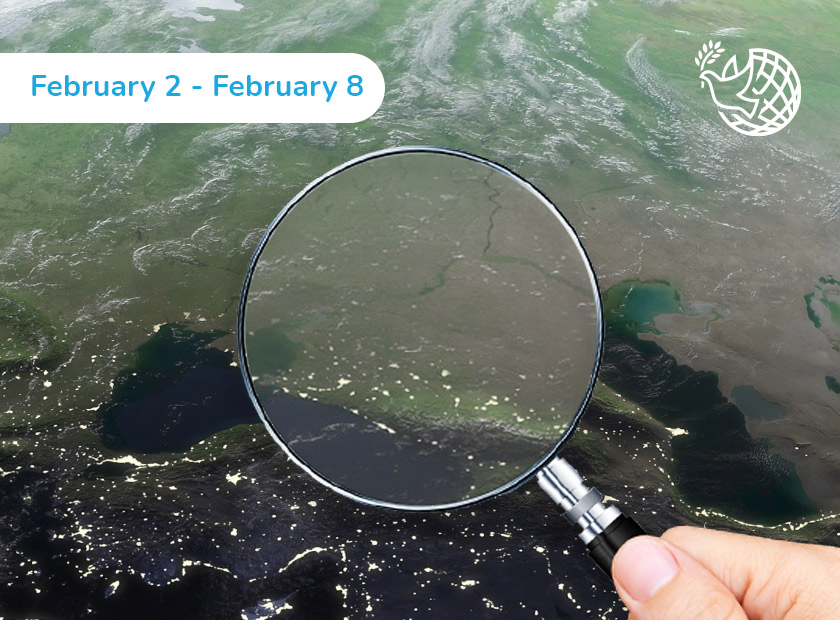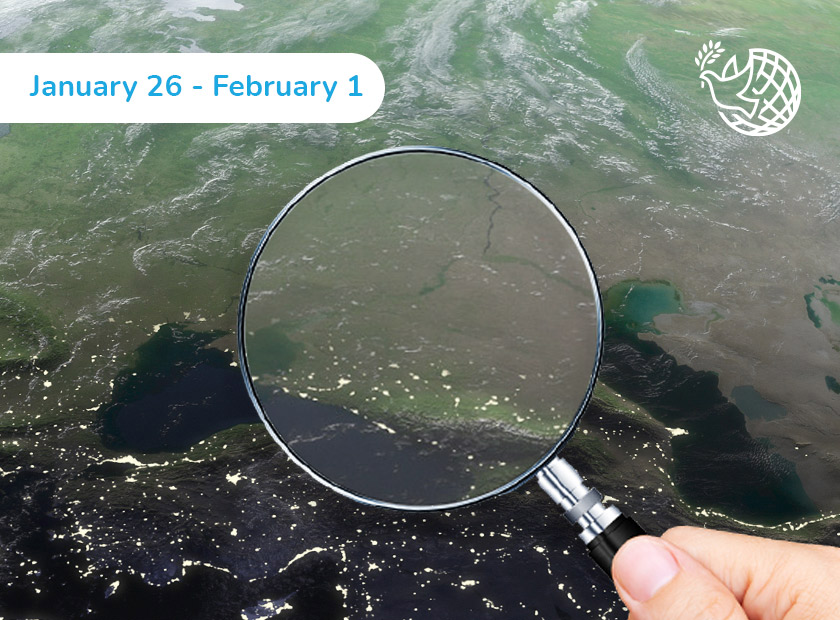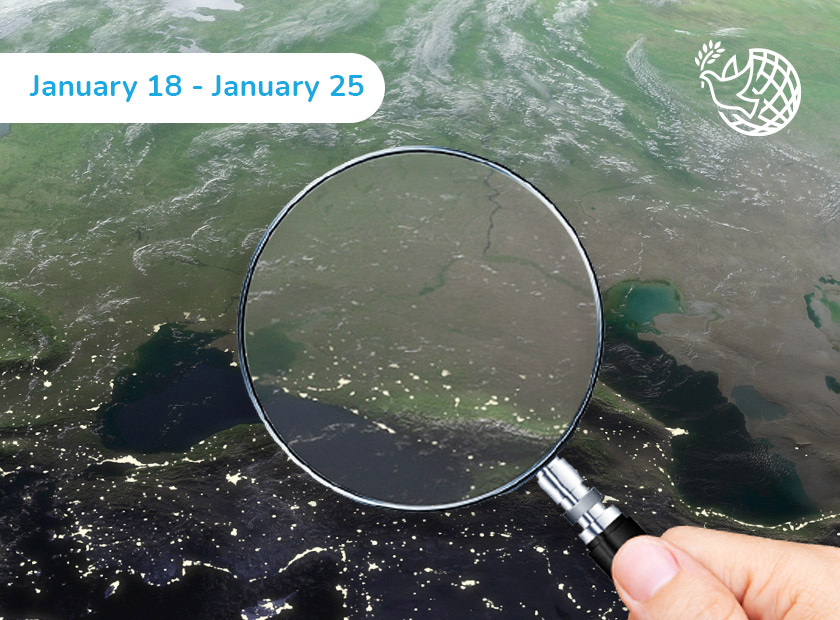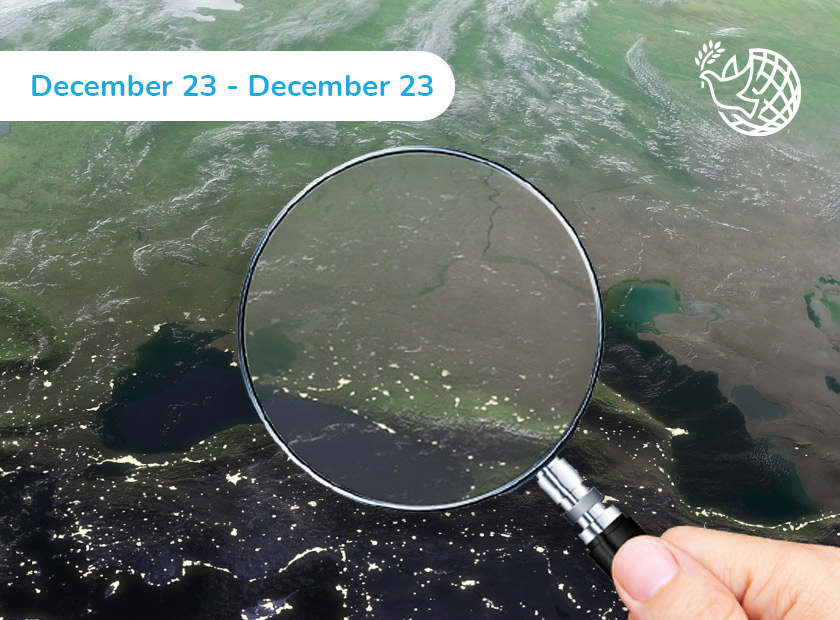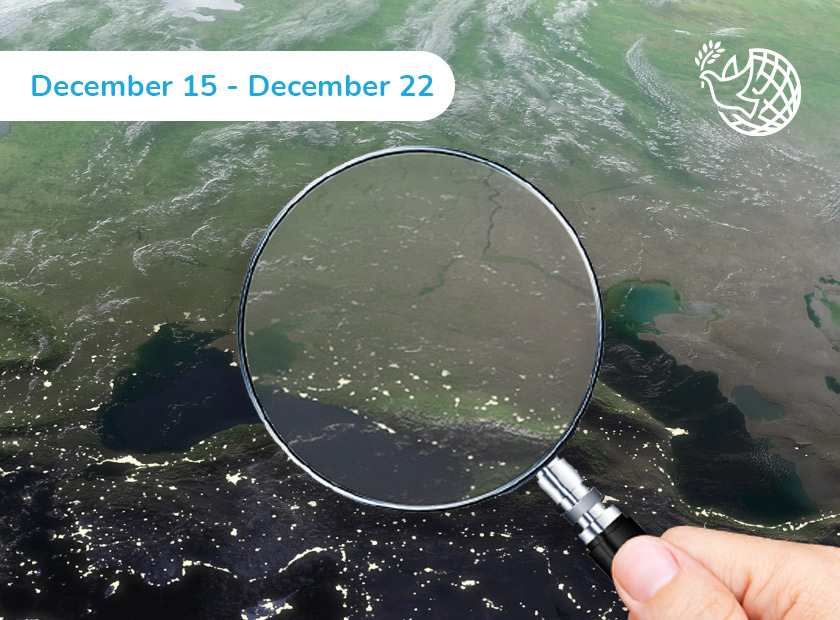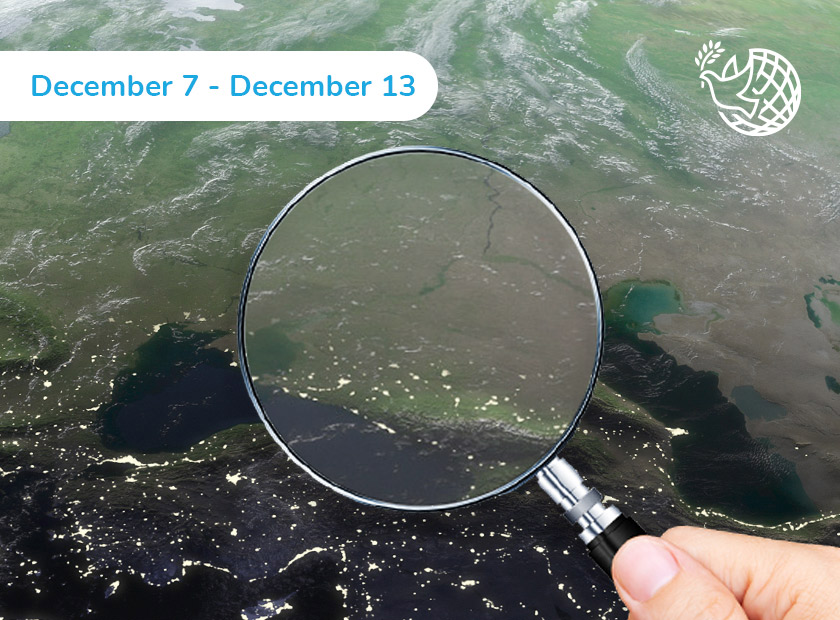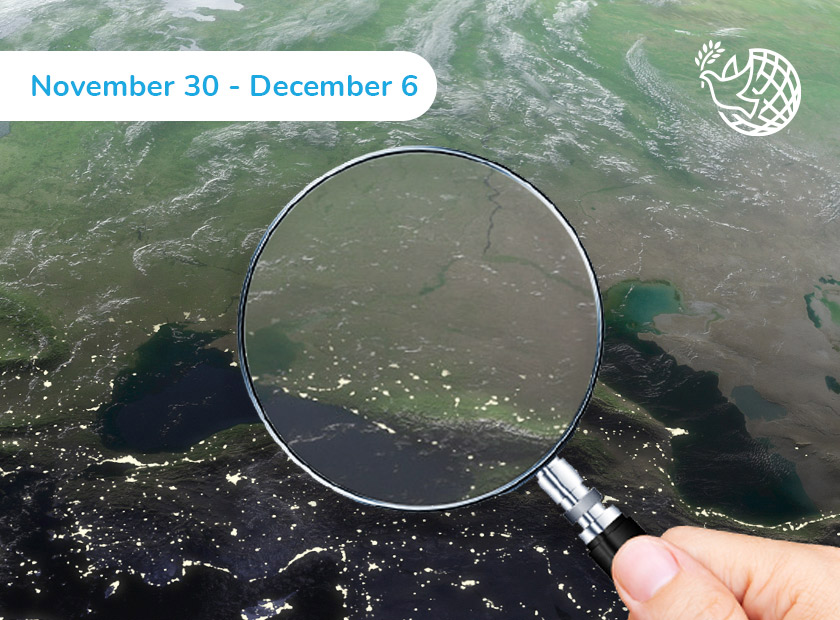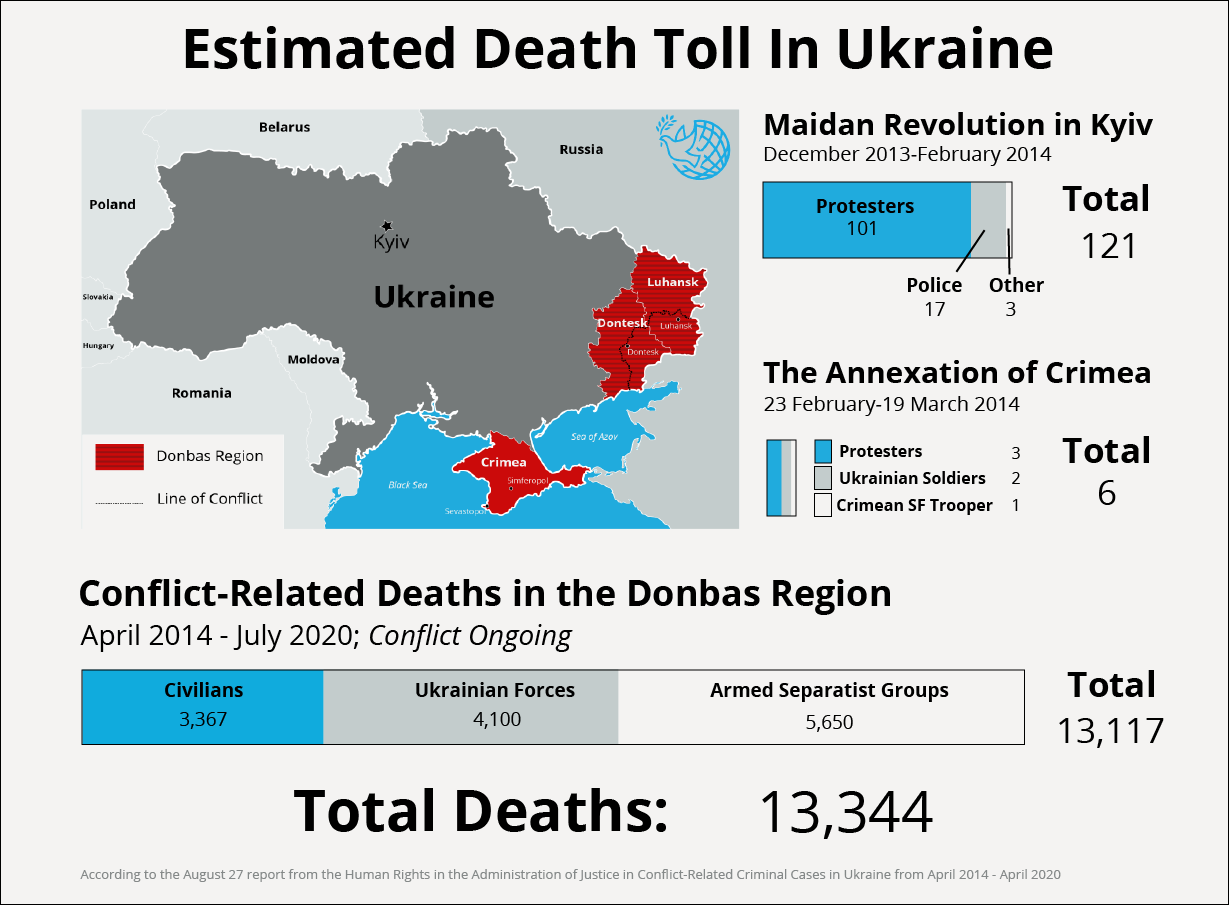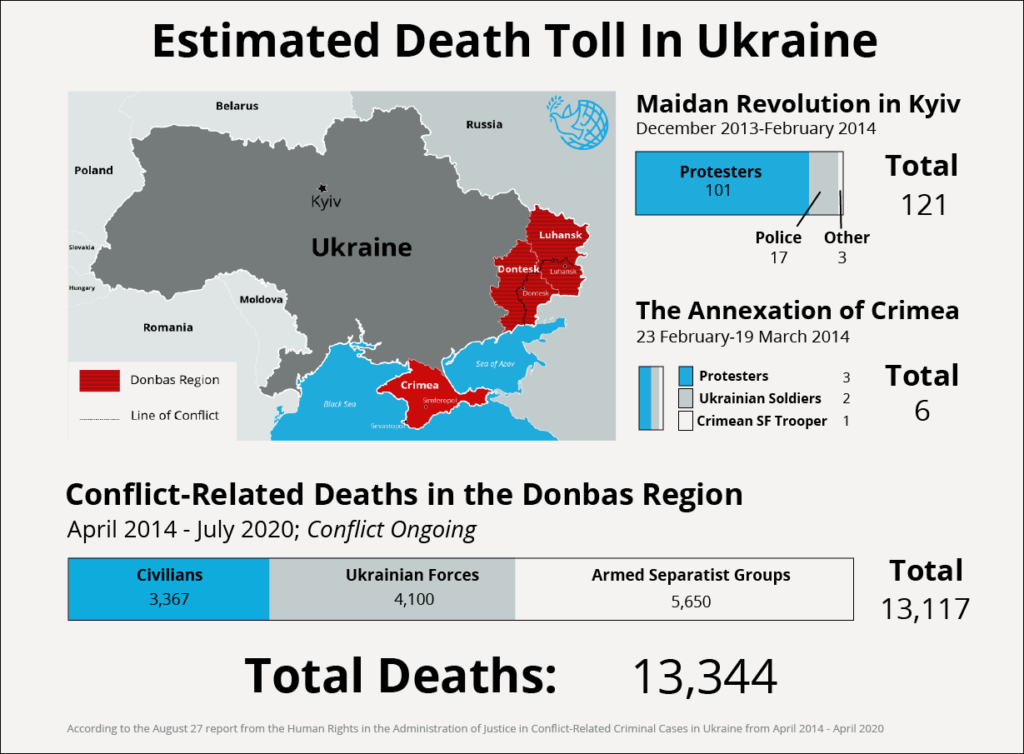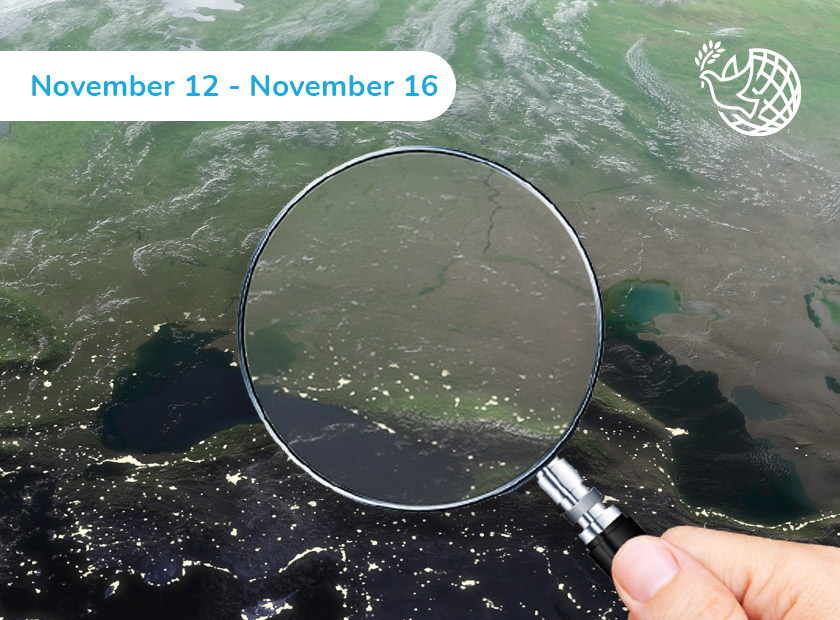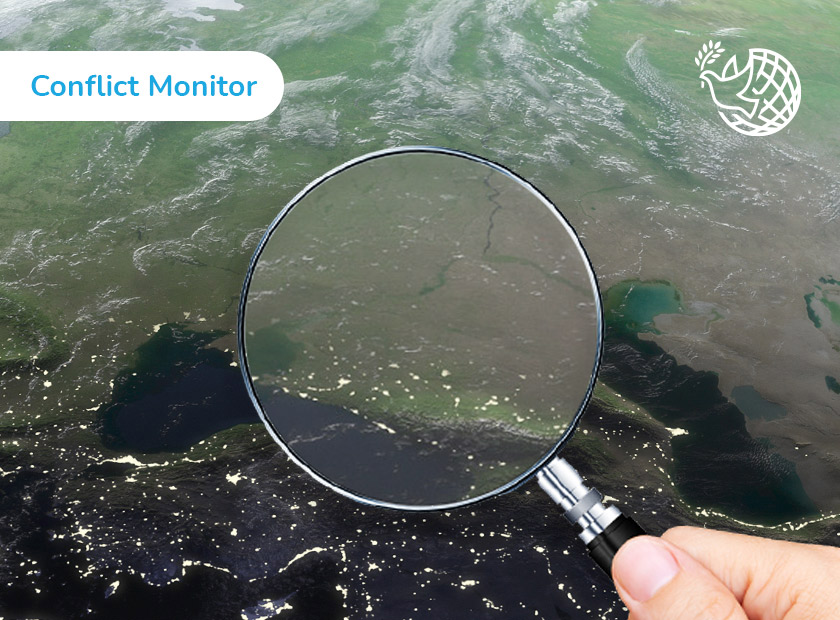March 15 – March 22
The Caucasus Headlines
Armenia Appoints New Chief of General Staff of Armed Forces
On March 22, Armenian Prime Minister Nikol Pashinyan visited Armenia’s Defense Ministry to introduce the country’s newly appointed Chief of General Staff of the Armed Forces, Artak Davtyan. In his remarks, Pashinyan expressed hope that Davtyan would be able to carry out reforms to strengthen the Armed Forces and improve external security defense. Pashinyan also urged Davtyan to keep the Armed Forces apolitical in the future.
Georgian Coast Guard Joins NATO Drills
On March 19, Georgia’s Interior Ministry reported that the Georgian Coast Guard joined a group of NATO vessels for joint drills in the Black Sea. Two of Georgia’s Island-class patrol boats joined the exercises, which consisted of four NATO vessels. The exercises were conducted alongside NATO members Romania, Turkey, and Bulgaria.
Azerbaijani and Turkish Diplomats Hold Talks in the United States
Turkey’s newly appointed Ambassador to the United States, Hasan Murat Marjan, met with Azerbaijan’s Ambassador to the United States Elin Suleymanov on March 19. The Ambassadors discussed the friendly relations of their respective countries and the possibilities for further cooperation between Presidents Aliyev and Erdogan. Ambassador Marjan’s first visit as Ambassador to the United States was to the Azerbaijani Embassy in Washington, DC.
Sources: Armenpress.am, Agenda.ge, Report.az
Eastern Europe Headlines
Russian Court Denies Navalny Lawsuit to Investigate Poisoning
A Moscow military court rejected the jailed Russian dissident Alexei Navalny’s lawsuit against the Main Military Investigative Directorate (GVSU) for refusing to investigate his poisoning. On March 22, the 235th Garrison Military Court’s Judge Andrei Tolkachenko ruled that the GVSU’s decision to not investigate Mr. Navalny’s poisoning was ‘legal and well grounded.’ Vyacheslav Gimadi, Mr. Navalny’s attorney, declared that he will appeal the ruling.
Russian Ambassador to the United States Returns to Moscow Over Biden’s Comments
On March 21, the Russian Ambassador to the United States, Anatoly Antonov, landed in Moscow. Ambassador Antonov was recalled to Moscow for ‘emergency consultations’ following U.S. President Biden’s comments referring to Russian President Vladimir Putin as a ‘killer.’
Sputnik V Vaccine Developers in Spat with European Union Officials
Developers of the Sputnik V anti-Covid vaccine accused the European Union of bias after the bloc’s internal market commissioner, Thierry Breton, said the EU did not need the vaccine. The developers announced in a tweet that Mr. Breton’s comments and the refusal of the European Medicines Agency (EMA) to approve the Sputnik V vaccine is indicative of an anti-Russian bias. In response, Mr. Breton’s communications advisor Terence Zakka said that the EU has enough vaccines and the capacity to roll out enough vaccines for its own use, whereas even if the EMA approves the Russian vaccine, rollout would not reach adequate levels until 2022.
Ukraine Nationalizes Aerospace Company ‘Motor Sich’
A Ukrainian court seized the assets and all shares from the aerospace company Motor Sich, which is one of the world’s largest producers for helicopter and airplane engines. On March 20, the Ukrainian SBU, the country’s state security service, announced that the company was transferred to another government body for management. This comes after Chinese investors began buying shares of the company, which was already mired in corruption scandals.
Sources: RFE/RL, Financial Times
Abkhazia/South Ossetia
Ministry of Education Names Promotion of Ossetian Language as ‘Primary Task’
The Minister of Education of South Ossetia Natali Gassieva listed the territory’s priority tasks in the educational sector in a recent conference. Gassieva noted the importance of updating the content of secondary vocational educational, supporting gifted youth, and providing high quality preschool education. Additionally, she noted that the Ministry will continue to draft programs involving instruction of Ossetian language as well as ‘spiritual and moral education’ of the younger generation.
Russia, Abkhazia Agree on Proposal for Restructuring Railway Loan
On March 19, Acting Prime Minister of Finance of the Republic of Abkhazia Vladimir Delba met with the Deputy Minister of Finance of the Russian Federation Timur Maksimov in Moscow. The focus of the meeting was to restructure the loan terms for Russia’s loan to Abkhazia for restoring and developing the Abkhaz railways. Russia has agreed to conduct a study to evaluate the terms of the loan, which was initially signed in December 2010.
Source: OSInform Information Agency, Apsnypress
Crimea
G7 Countries Declare Russia Aggressor in Ukrainian Conflict
On the seventh anniversary of Russia’s illegal annexation of Crimea, the Foreign Ministers of the G7 countries denounced Russia’s ‘temporary occupation’ of the peninsula. The group also condemned Russian human rights abuses in the peninsula, particularly against the indigenous Crimean Tatar community. The Foreign Ministers also expressed their firm opposition to Russia’s actions in continuing the conflict in Ukraine’s Donetsk and Luhansk regions.
Russia Digging Wells to Alleviate Crimean Water Shortages
Russia has launched a plan to supply the occupied Crimean Peninsula with 300,000 cubic meters of water daily. The Kremlin plans to do this by boring water wells in the Crimean Peninsula as well as in the Sea of Azov. Some wells have already come online in Sevastopol, and the first Azov wells are due to come online in April. Crimea’s water shortage began after Russia’s occupation of the peninsula when Ukraine cut off the water supplied through the North Crimean Canal, which originally provided the region with 85 percent of its fresh water.
President Putin Bans Ukrainians from Owning Land in Crimea
Russian President Vladimir Putin declared on March 20 that foreigners are forbidden from owning land in Crimea termed as ‘borderlands’ including land in Kerch, Yalta, Sevastopol, and other territories within the Russian Federation. The Ukrainian Ministry of Foreign Affairs has called this ban ‘legally null and void’ and that Ukrainian land ownership will be restored upon the restoration of Ukraine’s internationally recognized territories.
Sources: 112UA, KyivPost, Unian.info
Donetsk/Luhansk
Multiple Ceasefire Violations in Donbas
On March 21, Ukraine recorded four separate violations of the ceasefire by Russian-backed forces in which one soldier was killed. On March 19, one Ukrainian soldier was killed amidst two ceasefire violations, and on March 18 a Ukrainian soldier was killed during a ceasefire violation. All Russian-backed violations included artillery attacks.
Sources: Unian.info, 112UA
Nagorno-Karabakh
World Bank Announces Support for Reconstruction Efforts in Nagorno-Karabakh
In a recent interview, World Bank Country Manager for Azerbaijan Sarah Michael stated that the World Bank has a long-term partnership with Azerbaijan and would be happy to support the restoration efforts of the Azerbaijani government. Michael noted that the World Bank includes several other financial institutions, including the International Bank for Reconstruction and Development, which has experience in rehabilitating areas. The World Bank has allocated approximately $4 billion for projects in Azerbaijan since 1992.
No Ceasefire Violations Registered along Armenia-Azerbaijan Border
According to the Armenian National Security Service, a stable operational situation with no incidents has been maintained along the Armenian-Azerbaijani line of contact in recent days. The situation, according to the National Security Service, also remains stable in the Vorotan-Davit Bek and Goris-Kapan sections of the border.
Armenian Prime Minister Encourages Improvements in Regional Connectivity
During a rally held in the Bazmaberd community of the Aragatsotn province on March 20, Prime Minister Nikol Pashinyan discussed the importance of opening regional communications and transportation links. Pashinyan cited the benefits for both nations, including the importance of Azerbaijan having access to its exclave of Nakhchivan as well as Armenia having access to rail and communications infrastructure with Iran and the Russian Federation.
Sources: Report.az, Armenpress.am
Transnistria
Moldova Receives Shipment of Pfizer-BioNTech Vaccines from United States through COVAX
Moldova received 24,570 doses of the Pfizer-BioNTech vaccine on March 19 via the COVAX program, marking the second COVAX shipment to Moldova. The United States has accelerated the donation of anti-Covid vaccines through USAID via a four-billion-dollar donation to Gavi, the Vaccine Alliance. Moldova received a first shipment of the Astra-Zeneca vaccine from Romania on February 27. Moldova also received a shipment of doses from the COVAX facility on March 4. So far, Moldova has vaccinated over 16,000 medical workers.
Transnistria Authorities Tighten Pandemic Quarantine Measures
On March 18, Transnistrian officials tightened pandemic restrictions in response to the increase of daily infections and the shortage of beds in hospitals. Cultural, sports, and entertainment events have been suspended, along with corporate meetings. Restaurant hours and operating hours for public transit systems have been limited. Law enforcement has also been instructed to enforce mask wearing and social distancing.
Sources: Novosti Pridnestrovya, Moldova.UN
